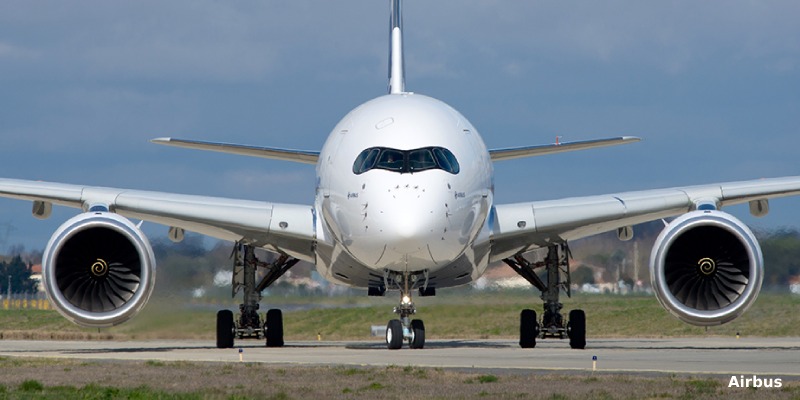In May 2020, a chance discovery in the port city of Brindisi, Italy, triggered a judicial investigation that is now shaking the aerospace industry. Two employees of Manufacturing Process Specification (MPS) were caught dumping chemical waste into the sewers. What began as an environmental case turned into a global scandal: the production and supply of thousands of defective parts for Boeing 787 aircraft.
A Fraud Affecting Nearly 500 Aircraft
According to Italian prosecutors, MPS deceived its customers by substituting certified titanium alloys with lower-quality, less resistant materials. These defective parts, used in the floor anchors and other structural components of the cabin, were integrated into at least 477 operational Boeing 787 aircraft.
The investigation revealed that over four years, MPS and its predecessor, Processi Speciali, used pure titanium instead of the required alloy, compromising the aircraft’s safety. The Italian company Leonardo, responsible for manufacturing fuselage sections for Boeing, was the main intermediary in the supply chain.
→ Boeing’s deliveries increase 63% in February
Ineffective Audits: A Systemic Issue
The fraud went unnoticed even though MPS passed audits by three certifying bodies between 2017 and 2021. These inspections were limited to reviewing processes and documentation, without conducting physical verification of the parts. Investigators and certification experts find it alarming that this control system failed to detect the use of inappropriate materials.
Boeing and FAA’s Response
Boeing has reiterated that there is no immediate risk to flight safety and that it has a “comprehensive quality management system.” However, the U.S. Federal Aviation Administration (FAA) has issued a preliminary notice that would require airlines to inspect and replace the defective parts. So far, no emergency orders have been issued, nor have flights been grounded.
Potential Risks in Emergency Landings
According to experts who analyzed the parts for the investigation, in an emergency landing, the floor anchors could fail, compromising the integrity of the cabin. The FAA has stated that this situation would only occur if several adjacent parts failed simultaneously.
Legal Consequences and Necessary Reforms
The Italian prosecutor’s office has charged the owner of MPS, the company’s quality manager, and three family members with fraud and violations of aviation safety regulations. Additionally, two employees face charges for soil and water contamination.
This case reignites the debate over the effectiveness of quality controls in the aerospace industry. Experts like Christopher Paris from Oxebridge Quality Resources advocate for the creation of a stricter regulatory framework to prevent similar frauds in the future.
With information from Reuters
Related Topics
Airbus Closes 2025 with Profit Growth, 793 Deliveries, and a Record Backlog of 8,754 Commercial Aircraft
United Airlines’ Purchase Order for Airbus A350 Jets on Hold Following Legal Dispute with Rolls-Royce
Air Canada Confirms Order for Eight Airbus A350-1000s
EGYPTAIR Receives Its First Airbus A350-900

Plataforma Informativa de Aviación Comercial con 13 años de trayectoria.




